Exercise and Brain - Brain Health Boost
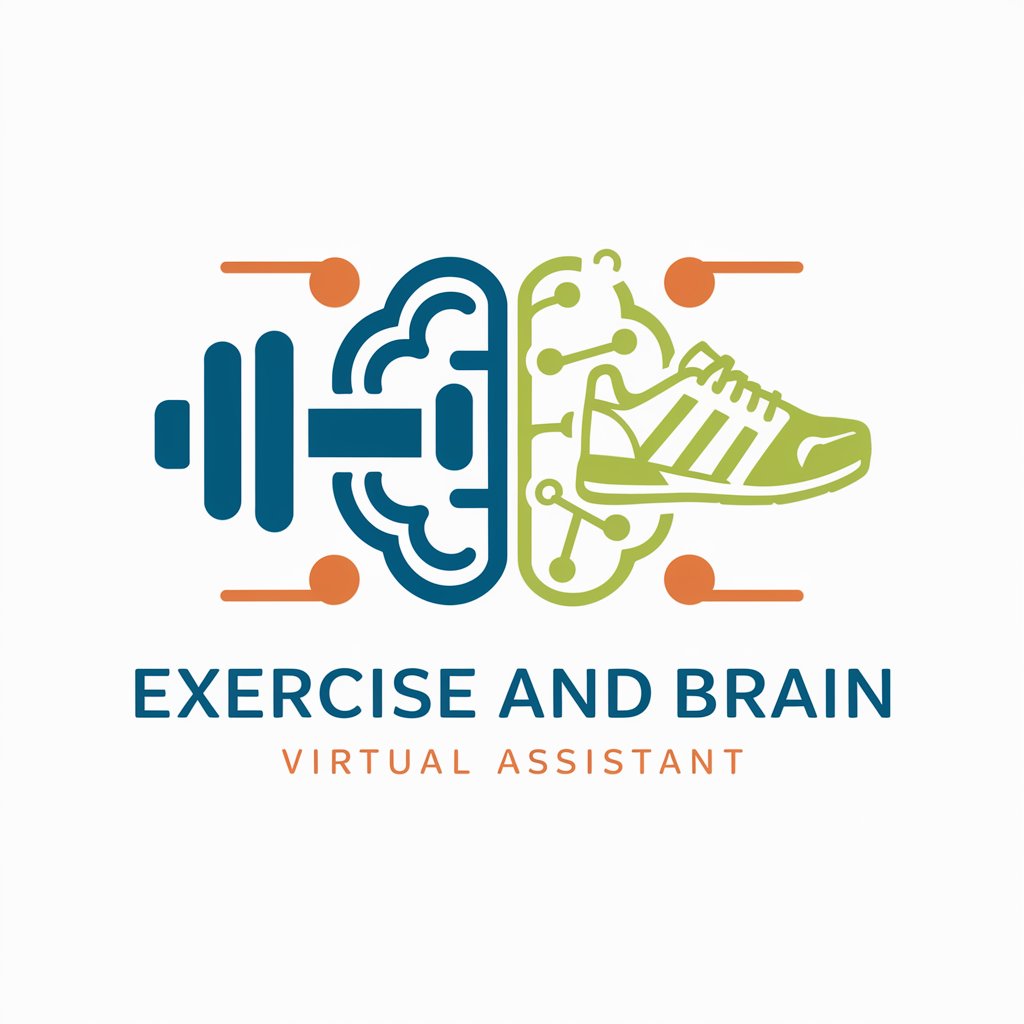
Hello! Let's explore how exercise can boost your brain health.
Elevate your mind with AI-guided fitness
Can you explain how aerobic exercise benefits the brain?
What are the cognitive effects of strength training?
How does regular physical activity impact mental health?
What happens to the brain if you don't exercise?
Get Embed Code
Understanding Exercise and Brain
Exercise and Brain is designed to delve into the intricate relationship between physical activity and cognitive health, focusing on how regular exercise can positively impact brain function. This specialized guidance tool is built to provide evidence-based insights into the ways exercise influences mental well-being, cognitive performance, and neurological health. An example of its utility is offering personalized advice on how specific types of physical activity, like aerobic exercises or strength training, can enhance memory, improve mood, or even slow the cognitive decline associated with aging. Powered by ChatGPT-4o。

Core Functions of Exercise and Brain
Educating on Brain Health through Exercise
Example
Explaining how aerobic exercise increases the heart rate, which in turn pumps more oxygen to the brain, facilitating the release of various growth factors that aid in the health of brain cells.
Scenario
A user curious about improving their memory might learn about the benefits of regular cardiovascular activities, such as swimming or cycling, on enhancing hippocampal volume, directly linked to memory improvement.
Tailoring Exercise Recommendations
Example
Providing customized exercise plans based on current physical condition, age, and cognitive health goals, emphasizing activities proven to bolster brain function.
Scenario
An individual recovering from a period of mental health challenges might receive suggestions for gentle yoga and meditation exercises, known for reducing stress and anxiety while improving cognitive resilience.
Highlighting the Risks of Inactivity
Example
Discussing the long-term cognitive risks associated with a sedentary lifestyle, including increased chances of developing conditions such as Alzheimer's disease.
Scenario
Educating a user on the importance of integrating movement into their daily routine to mitigate the risk of cognitive decline, offering simple yet effective strategies like short walking breaks.
Who Benefits from Exercise and Brain
Individuals Looking to Enhance Cognitive Function
People interested in improving their memory, attention, problem-solving skills, or overall brain health through exercise. This includes students, professionals, and the elderly aiming to maintain or enhance their mental acuity.
Those Recovering from Mental Health Issues
Individuals seeking to support their mental health recovery or manage symptoms of anxiety, depression, and stress through physical activity. Exercise is a powerful tool in the mental health recovery process, offering natural mood elevation and stress relief.
Fitness Enthusiasts with a Focus on Holistic Health
People who are already physically active but want to tailor their exercise regimen to also maximize cognitive benefits. This group seeks to optimize their workout routines for both physical and mental health outcomes.

How to Utilize Exercise and Brain
Start Free Trial
Visit yeschat.ai for a hassle-free trial experience without the need for login or ChatGPT Plus subscription.
Identify Your Needs
Determine your specific interests or concerns related to exercise and brain health to make the most out of the tool.
Engage with the Tool
Use the chat interface to ask questions, seek advice, or explore topics related to physical activity and cognitive wellness.
Apply Insights
Incorporate the evidence-based knowledge and suggestions provided into your lifestyle for enhanced brain health.
Consult Healthcare Professionals
For personalized guidance, always consult healthcare professionals to ensure the advice suits your health condition.
Try other advanced and practical GPTs
Exercise Teacher
Your AI-powered recovery coach.
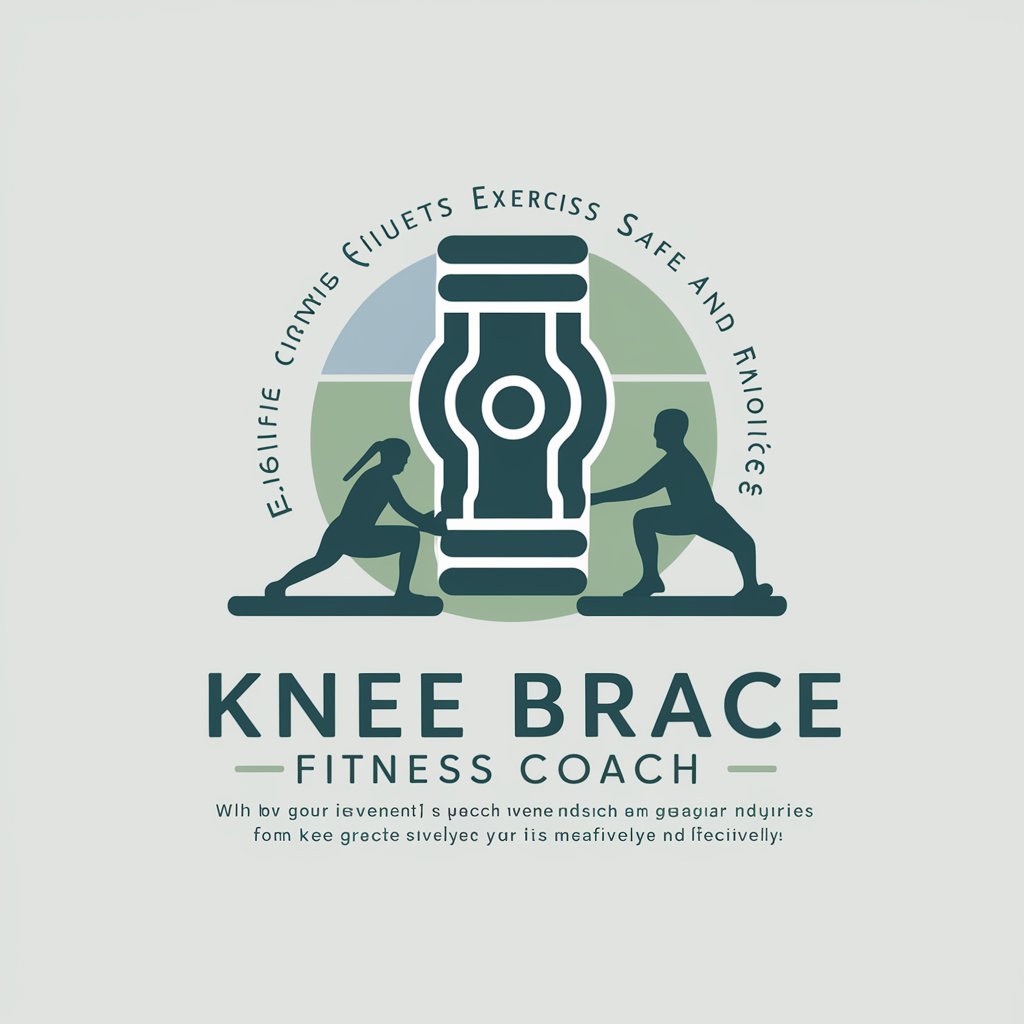
Math Exercise Assistant
Master Math with AI
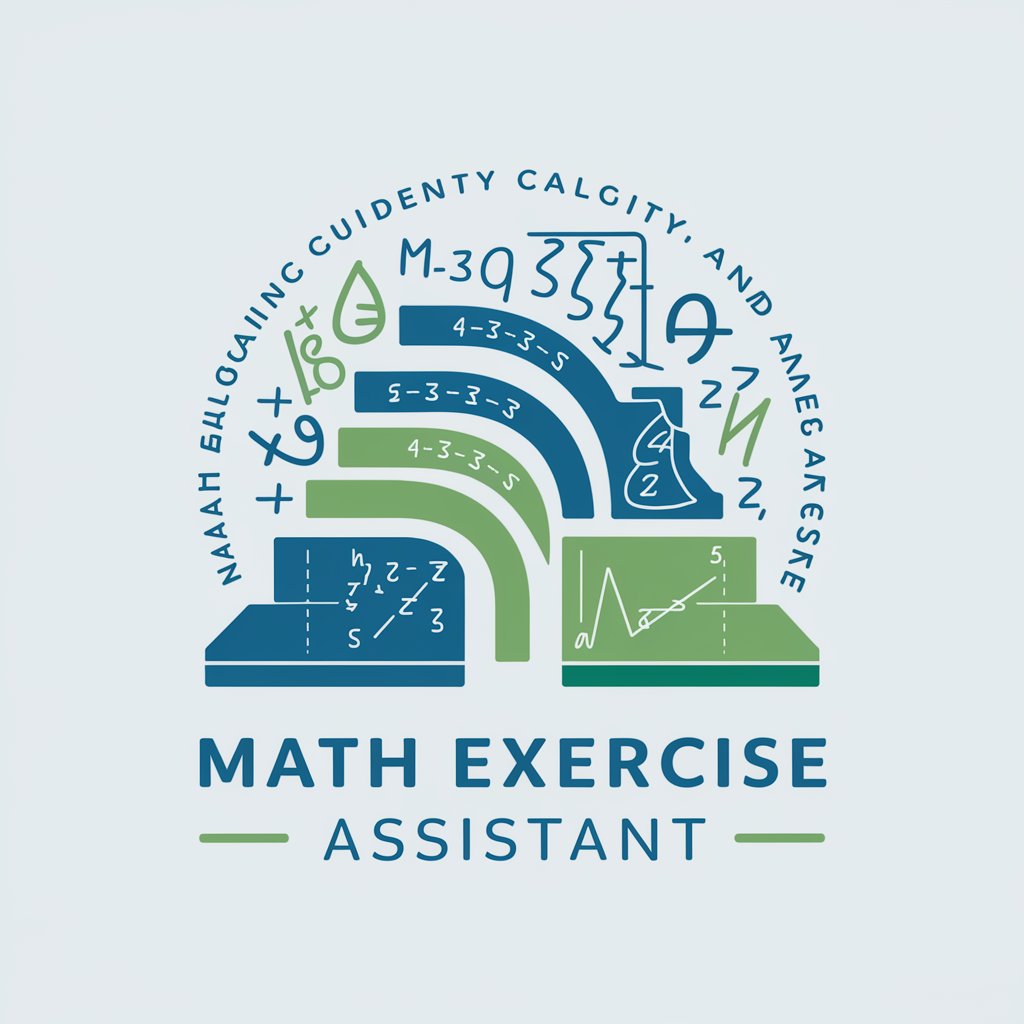
Just the Exercise
Shape Up with AI Fitness Coaching
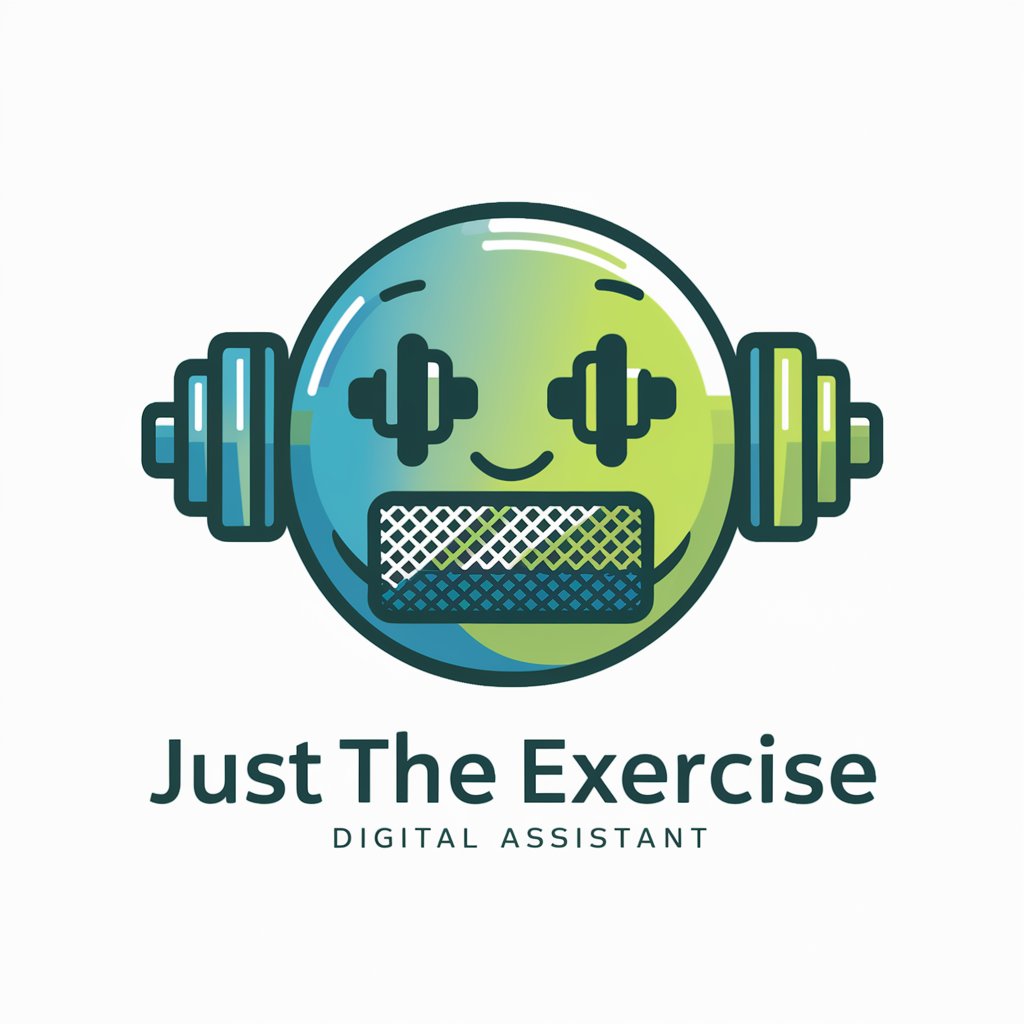
Exercise Solver
Streamlining your problem-solving with AI.
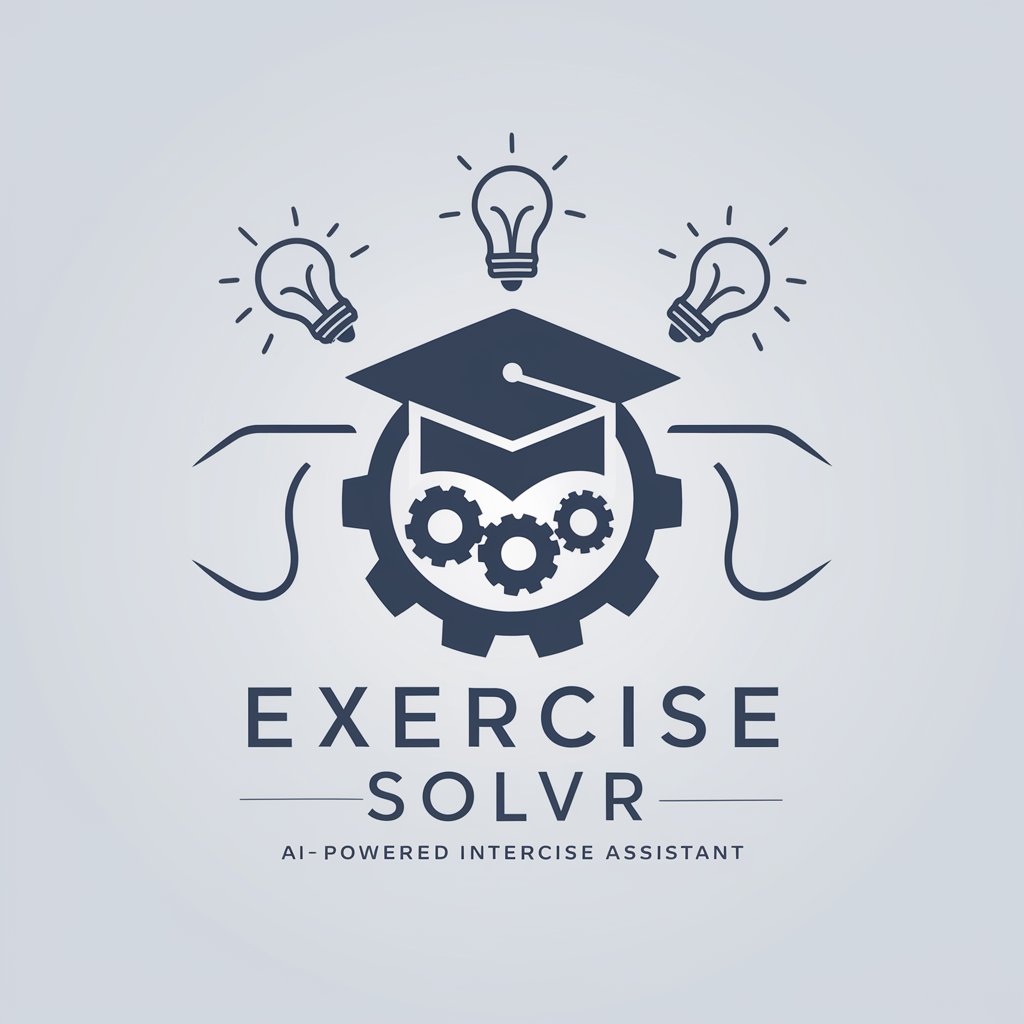
Exercise Filler
Empowering Words with AI
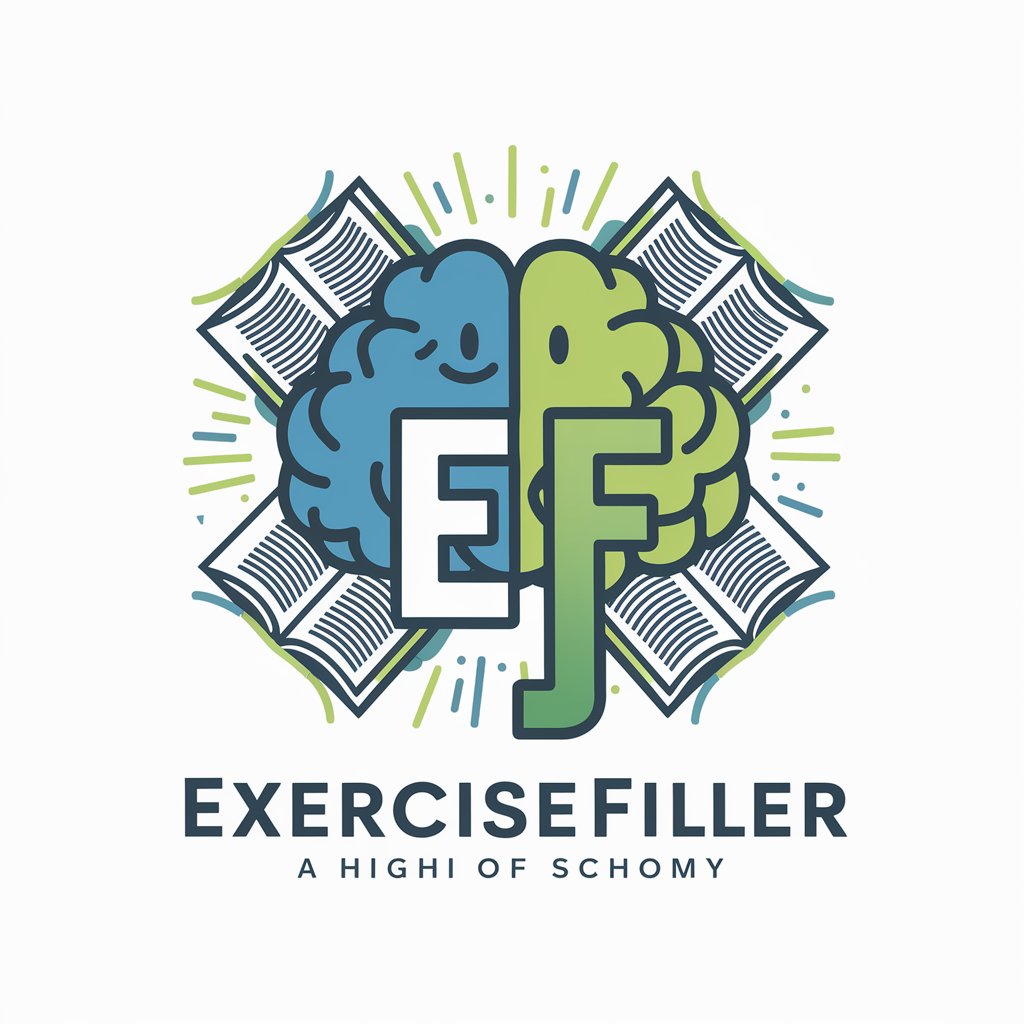
Exercise
Empowering Creativity with AI
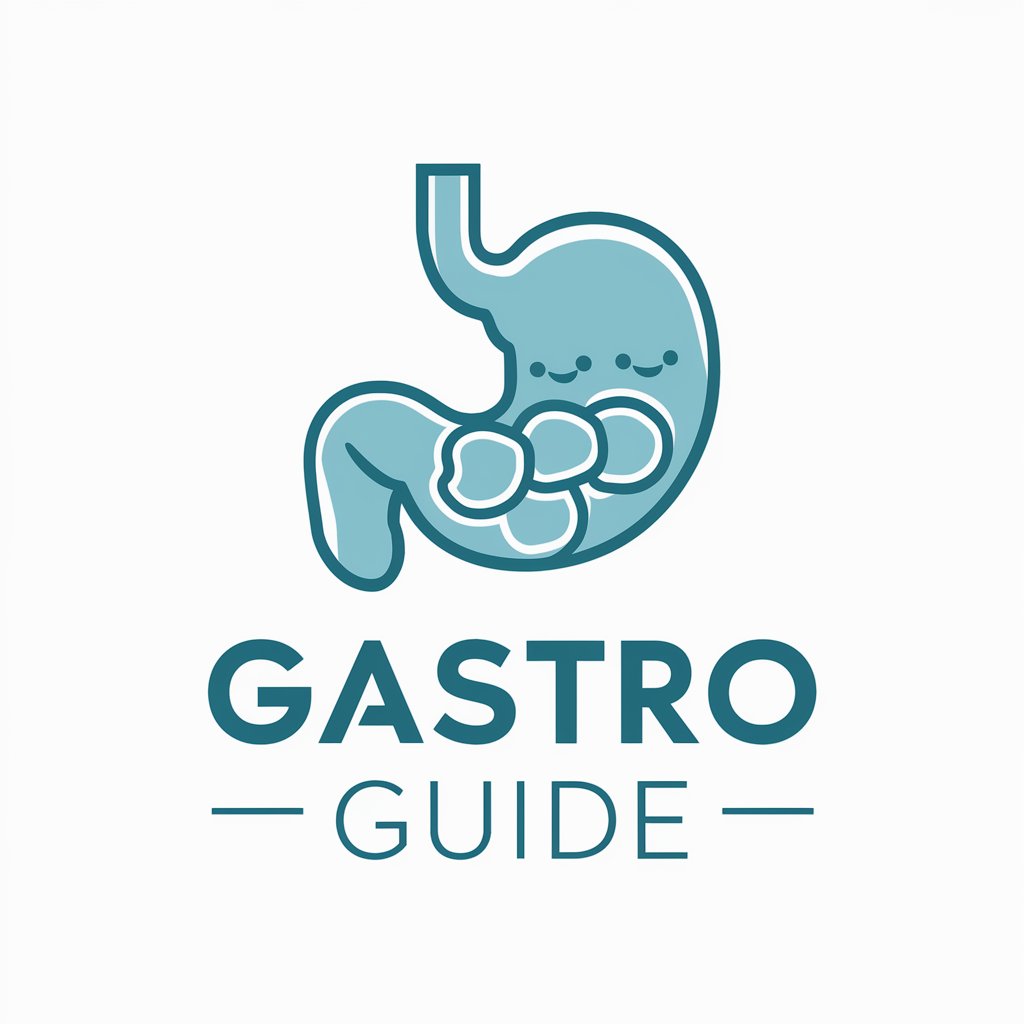
Exercise Anywhere
Transform waiting time into wellness moments.
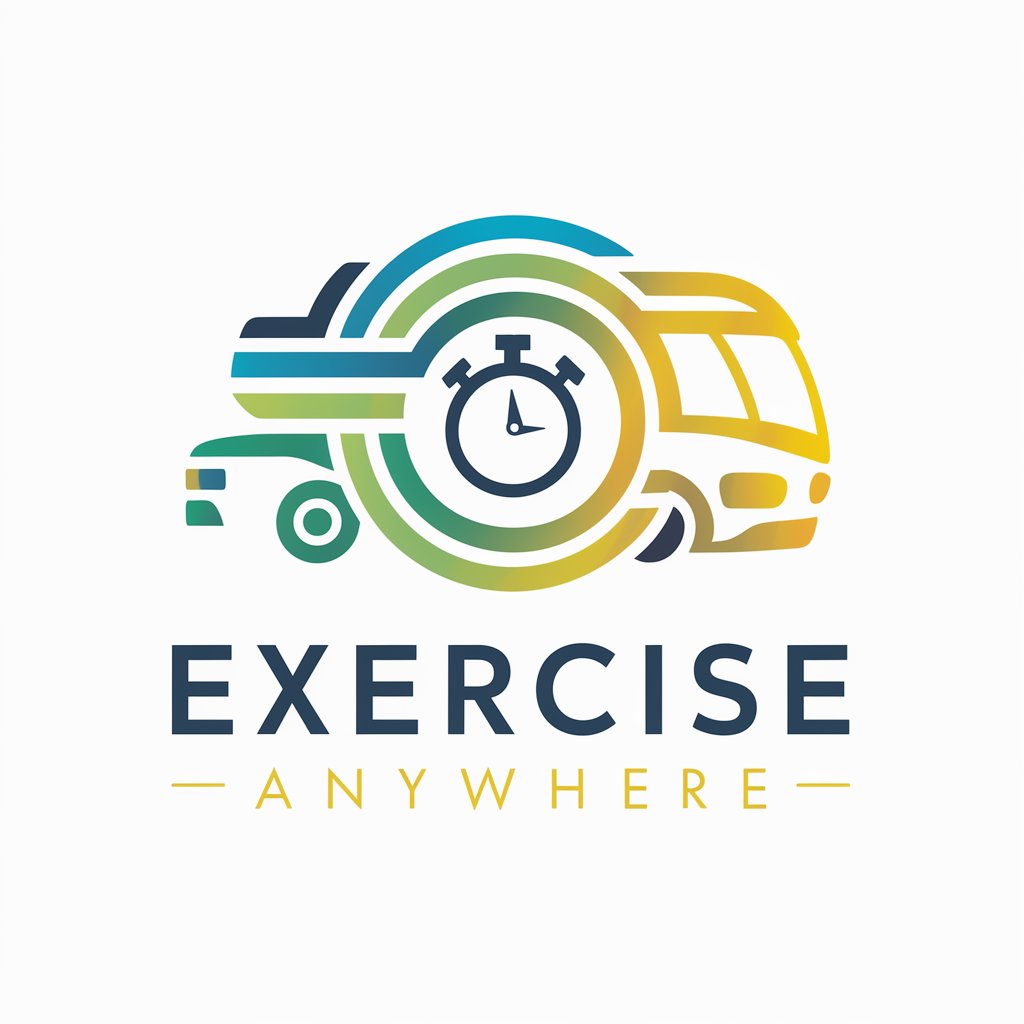
ロゴデザイナー
Craft Your Brand with AI-Powered Design

なんでもロゴクリエータ
Craft Your Identity with AI-Powered Precision

Health Crusaders
Revolutionize Your Health with AI

Health Companion
Empowering your health journey with AI

Health Companion
Empowering Health Decisions with AI

Frequently Asked Questions about Exercise and Brain
What are the best exercises for brain health?
Aerobic exercises, like walking, running, and cycling, are highly beneficial for brain health as they improve blood flow and can increase the size of the hippocampus, the area of the brain involved in memory and learning.
How does exercise affect mood and mental health?
Exercise releases endorphins, which are natural mood lifters. It also reduces levels of the body's stress hormones, such as adrenaline and cortisol, helping to alleviate anxiety and depression.
Can physical activity improve cognitive function in the elderly?
Yes, regular physical activity can significantly improve cognitive function in older adults, reducing the risk of cognitive decline and diseases such as Alzheimer's and dementia.
How much exercise is recommended for optimal brain health?
Most health authorities recommend at least 150 minutes of moderate-intensity aerobic exercise per week, along with muscle-strengthening activities on two or more days a week.
Are there specific times of day when exercise is more beneficial for the brain?
While any time of day is beneficial for exercise, some studies suggest that morning exercise can have a more positive impact on brain function, helping to improve focus and mental acuity throughout the day.
